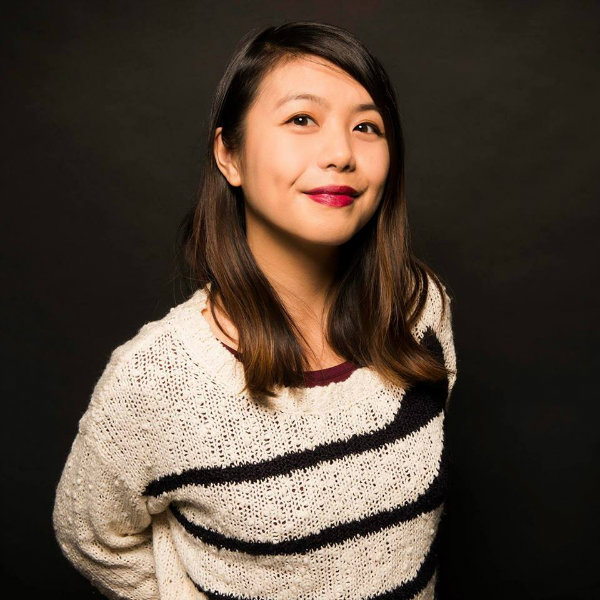The Unseen Reason Some People Age and Others Don't

By:
People have been searching for the fountain of youth for centuries, whether that meant a literal age-reversing spring of water or an anti-aging pill in a bottle.
But some people’s faces seem more immune to the ravages of time than others. You’re not imagining it — last year, a study from Harvard University, 23andMe, and Olay discovered “biological commonalities among a unique subset of women who look exceptionally younger than their age.”
What do these "exceptional skin agers" have that other people don't?
The answer is in their genes. The team of researchers, led by Dr. Alexa Kimball, a professor of dermatology at Harvard Medical School, found that those women had a unique gene expression fingerprint made up of approximately 2,000 genes that are responsible for natural antioxidant production, skin and moisture barrier formation, and DNA repair and replication.
"We all have those genes, but while in the average woman they slow down and become less active with age, in the exceptional skin agers they maintain a higher level of activity — and we know that activity can be influenced by environmental factors, lifestyle choices, and even skin-care habits," said Olay’s principal scientist, Frauke Neuser, PhD, in an interview with Refinery29.
As Refinery29 reported, the data showed that "20 percent of African-American women and 10 percent of white women have genetics to thank for looking younger than the rest of us."
But for those of us not #blessed with that particular gene expression, there's still hope.
Past research has found that signs of aging are mostly influenced by external factors, such as smoking, pollution, and sun exposure. In fact, "UV exposure seems to be responsible for 80 percent of visible facial aging signs," notes a 2013 paper on the effects of the sun on visible signs of aging on Caucasian skin.
So even if you haven't been dealt the best cards, gene-wise, you can still try to stay out of the sun, babies.
